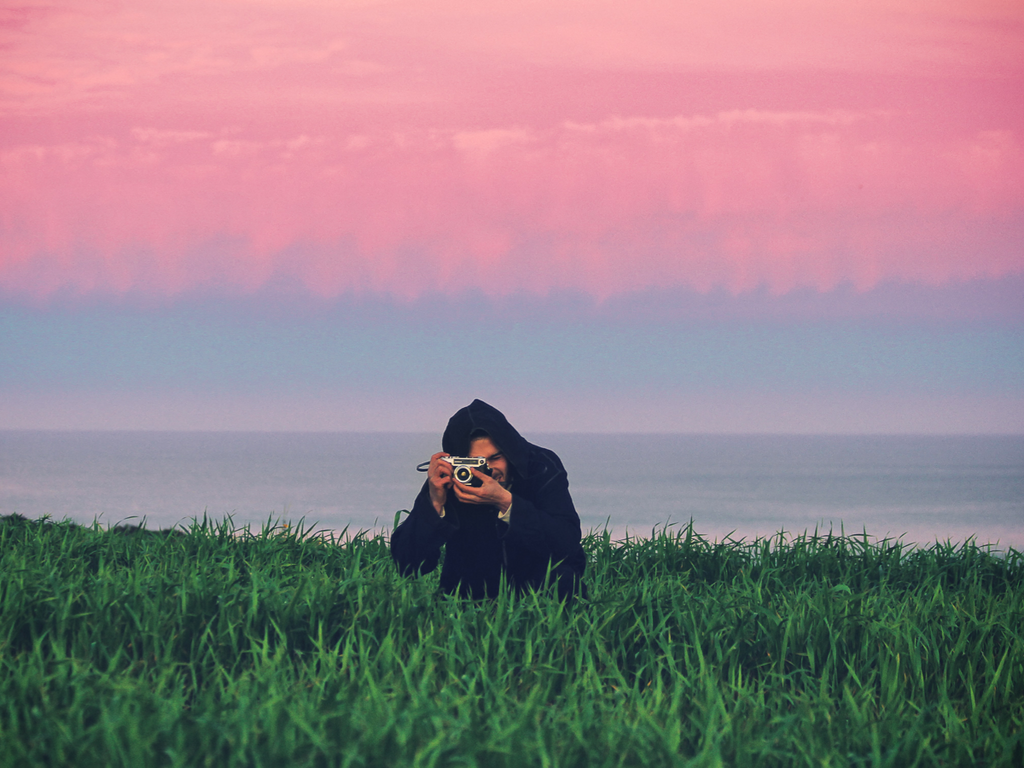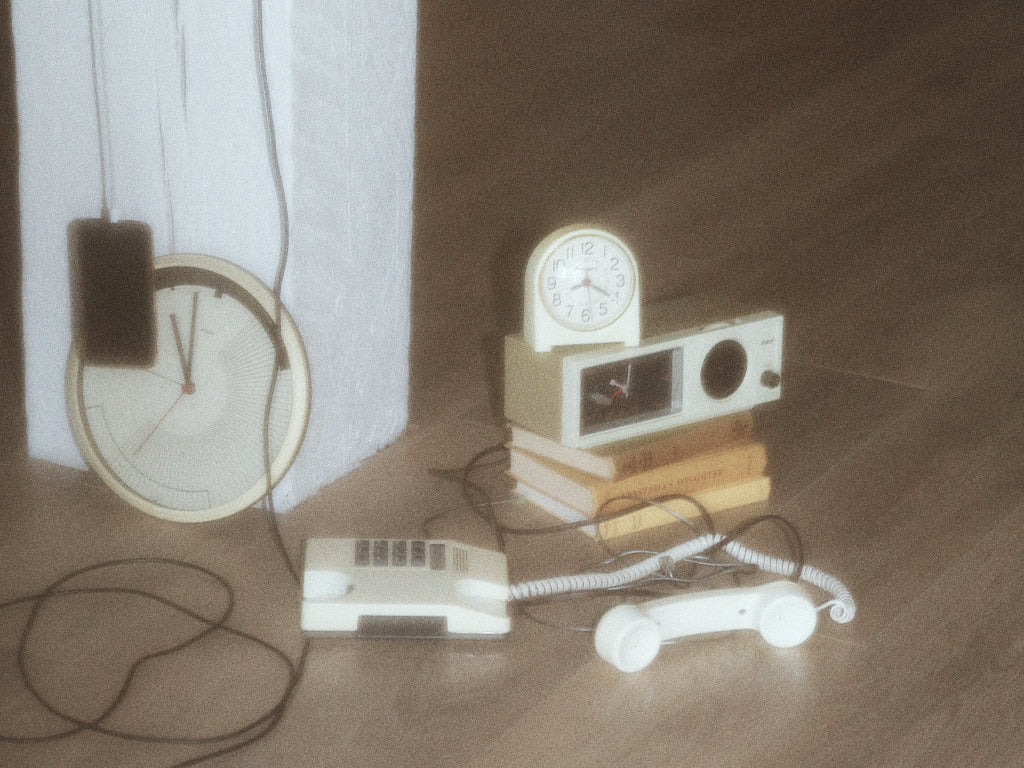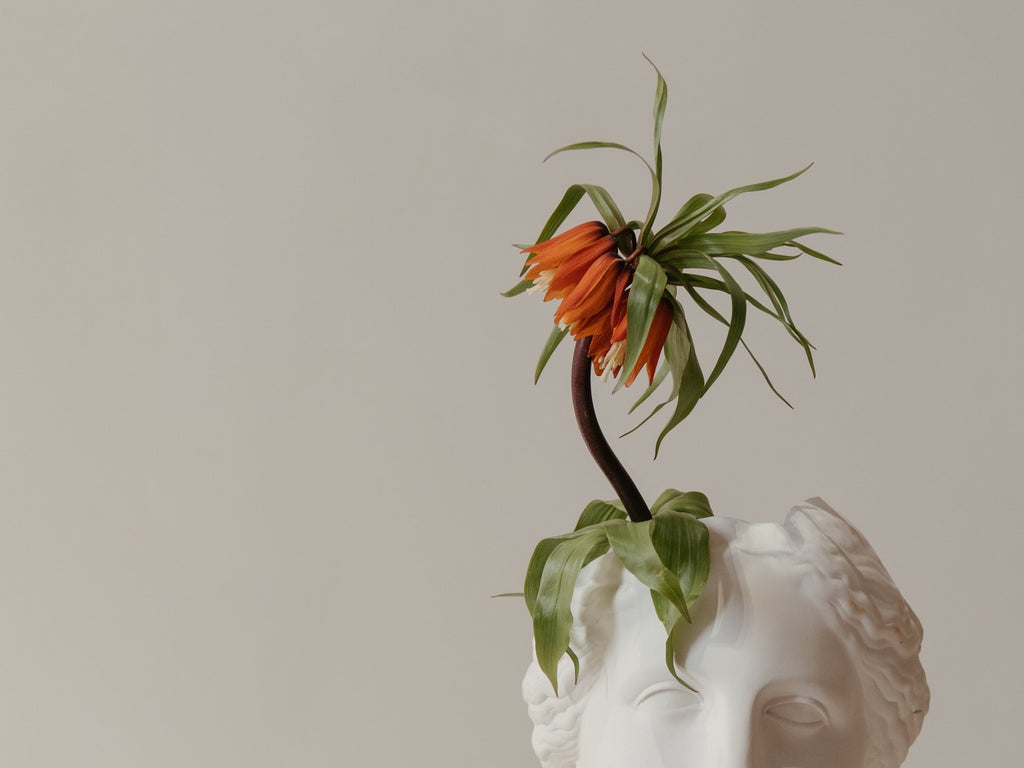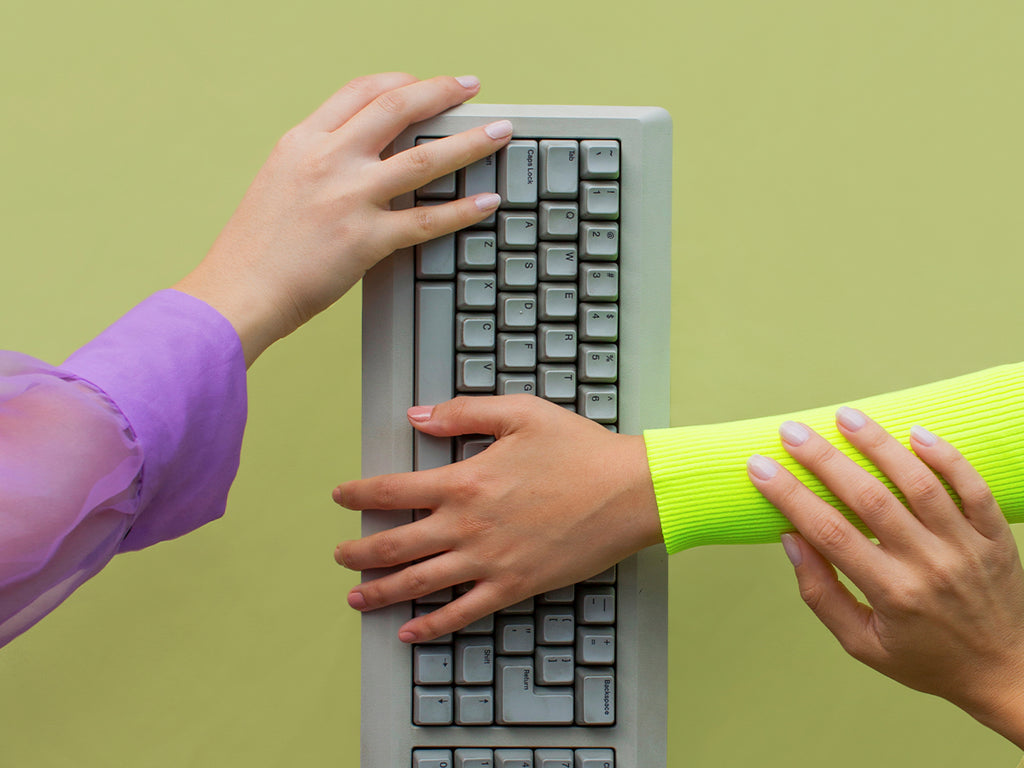This piece was initially published on December 30, 2019. In light of the Black Lives Matter movement’s recent events, we have republished it in order to put relevant content and BIPOC voices at the forefront of the site. We acknowledge the discrepancy between the initial publish date and now, and the uncomfortable truth that this sheds light on. When it comes to hiring Black writers and giving a platform to Black stories, we need to do better. We vow do better. This starts with listening. If you’d like to share your knowledge, guidance or opinions about how we can more responsibly use The Werk as a platform for good in support of BIPOC writers and content, or if you’re interested in contributing to the site, please email us at write@thewerk.co.
Understand decolonization starts with understanding colonization. It’s a big, ugly, complex word, weighed down with the weight of centuries of violence. Sometimes words like this lose their true meaning; we become desensitized to their gravity because it’s almost impossible to understand their full impact.
I’ll share stories of my ancestors to illuminate my understanding of colonization. I am of mixed heritage – English and Gambian on my mother’s side, and Jamaican on my father’s. I was born and raised in England, a country I thought was the most brilliant and spectacular nation on Earth.
Sure, we learned about colonization in high school. I remember it clearly – a big map was emblazoned on the board with the words The British Empire written sharply at the top. “The sun never sets on the British Empire,” they told us, referring to the fact that Britain owned so many colonies, the sun would always be up somewhere in the world. We thought it was the coolest shit ever. Spoiler alert: it wasn’t.
Small red flags popped up in my relationship with Britain as I grew up. I was denied a passport because I only had one British grandparent, relatives would write from the Gambia explaining the corruption of their post-independence government, family trips to Jamaica were potholed with sightings of old slave plantations and destroyed landscapes, my third grade teacher called me the ‘N’ word, most people in my neighborhood were Black and poor.
As I grew up, these things began feeling less like coincidence and more like a string of intentional connections. They may seem disjointed, but I would eventually come to understand that they are all, in some way, a result of British colonization of my ancestors’ homelands. I began to move through life with an unexplained weight in my chest.
Fast forward to 2012 and I moved to Vancouver. Canada is a settler colonial country, meaning that colonizers came and stayed. We’re still here. It was here that I truly understood colonization – on the day I arrived at YVR, study permit in hand, I was the most recent settler.
Of course, it took me years to realize this, and years more to unpack how complicated it feels to be living on someone else’s land, while I have never lived on that of my own ancestors. How many of my ancestors were stolen from their own lands and brought to this part of the world, and all because of the place I’ve always called home.
Understanding colonization and eventually decolonization is not just a political or moral mission for me. It’s part of my identity. I am bound intrinsically by birth, blood and voyage to expose, reject and get wholly caught up in the colonial narrative.
As a British person of African and Caribbean descent, I am both a victim of colonization and complicit in the ongoing settler colonialism of Turtle Island (North America) and specifically the Musqueam, Squamish and Tsleil-Waututh people whose lands I currently live on.
Every system we interact with in Canada was created by colonizers and has been, in some way or another, used to oppress indigenous people. This is not dramatic nor an overstatement – European systems of education, healthcare, media, law, and so on were imported by the British and French. It doesn’t mean that all the systems are inherently wrong; the wrongdoing is in the erasure and genocide of indigenous cultures, languages and ways of knowing in favor of the European way.
Among the imports from Britain came anti-Blackness, which circles back to the complexity of my being here. It also reminds us of the interconnectedness of our histories, and the expansiveness of colonization. “The sun never sets on the British Empire” now has a totally new meaning to me. It’s time for that day to end.
When it comes to decolonization, we can’t undo the past (although going back in time and sinking a few explorers’ ships would be fun), but we can begin to seriously investigate our own personal and organizational complicity in colonial systems.
I can’t outline all the ways we can work towards decolonized spaces – pay your local indigenous consultant to help you with that. Instead, I will offer one practice that has transformed the spaces I curate, and allowed me to show up as my full self – without any weight in my chest.
What I propose is cultural exclamation. Shame is a word that often accompanies culture: shame about eating food that smells a certain way in the office kitchen, shame about hair that’s too big, shame about having a different accent, shame about our parents in traditional clothes.
Part of fitting in is sometimes hiding who we really are. And this shame is not-so-distant relative of colonization. My shame comes from telling people that most of what I know about my ancestors’ culture is from Google. I have taught myself recipes, phrases to get by on the streets of Banjul and how to weave with elephant grass from random internet videos. It wasn’t until I confided in other friends of color and they confirmed how normal and necessary this is. So many of us have lost our connection to traditional teachings, language, and culture.
Shame can also lead to cultural appropriation. Those whose families came from Europe to North America many generations ago often feel stripped of any cultural heritage. This desire – this longing for traditions, music, ritual, medicine, and teachings – drives people to explore and try on cultures that aren’t their own at the detriment of the original creators. For these people, an investigation – just like my own learnings courtesy of Google – into their own origins is necessary. From Scottish to Russian, sometimes these cultures are amassed into the cultural mosaic (or melting pot) identity.
Cultural exclamation is part of decolonization because it is a radical affront to many colonial narratives we’ve bought into. We think of productive, professional spaces to be clean, white-walled, and uniform, not bursting with color, smell, and ritual. We think of meetings to be around big tables and sitting on uncomfortable chairs, not seated on cushions on the floor, with music in the background. We think of break rooms to be temporary, passing-through spaces, not places of convention. We think of offices to be secular, not equipped with prayer rooms and ventilation for smudging. We think of coffee as an office staple, not chai or ginger beer. We think of long work days as productivity, not siestas or closing for lunch.
What we consider to be “neutral” or “normal” are in fact neither. The absence of cultural exclamation in our spaces is not neutral, it’s a culture of its own. A culture that trickled down from some 400 years ago when someone decided one way was better than the other and the latter had to go.
Cultural exclamation is the antithesis – everyone can bring all of themselves, or as much as they choose. To me, cultural exclamation is speaking my ancestors into the room, naming my cultural heritage along with my name and pronouns, bringing my recipes to a potluck, wearing African prints sent by my aunties, drinking tea with milk, saying “crisps” instead of “chips” and “chips” instead of “fries”.
It’s all part of who I am, who my family is, and who my ancestors were. And that deserves to be seen.
This post is tagged as:
You may also like...
The Latest
People & Places
How Ara Katz is Redefining “Self-Care” as Rooted in Science with Seed
The co-founder, mother, and self-proclaimed serial entrepreneur unpacks her philosophy on what it means to be well. Ara Katz hates the word “success”. Not because of its listed definition in a di...

Do Good Werk
9 Passive-Aggressive Email Phrases That Are Basically Evil
A Rosetta Stone for every time you want to :’).

Woo Woo
Get to Know Your Astrological Birth Chart
How to find meaning in the stars — and what it means for you.

People & Places
The 5 Best Places In New York To Meet Your Next Investor
Where to rub shoulders with the city's movers and shakers.

Do Good Werk
10 Unhealthy Thoughts You Convince Yourself Are True as a Freelancer
If you work alone, you might be particularly susceptible to distorted thoughts that hurt your mental health.

People & Places
Creating a Conference-Meets-Summer-Camp for Adult Creatives
An interview with Likeminds founders Rachael Yaeger and Zach Pollakoff This past September, I sat in front of an obituary I wrote for myself after a session with a death doula. No, I didn’t know w...

People & Places
When Something Golde Stays: An Interview with Golde’s Co-CEOs
“For us it was never a question,” says Issey Kobori, speaking of the decision to build a business with his partner Trinity Mouzon Wofford. At just shy of 27, Kobori and Wofford have secured a host ...

Better Yourself
Are They Toxic? Or Are They Human?
There’s a difference between putting up boundaries and putting up walls, and the latter is what breaks relationships.

Do Good Werk
How To Combat Seasonal Affective Disorder At Work
Here’s what to do if seasonal affective disorder starts to take a toll at the office.

People & Places
Reclaiming Womxn's Wellness Spaces from a White-Dominated World
How The Villij built a collective that their community can connect to.









